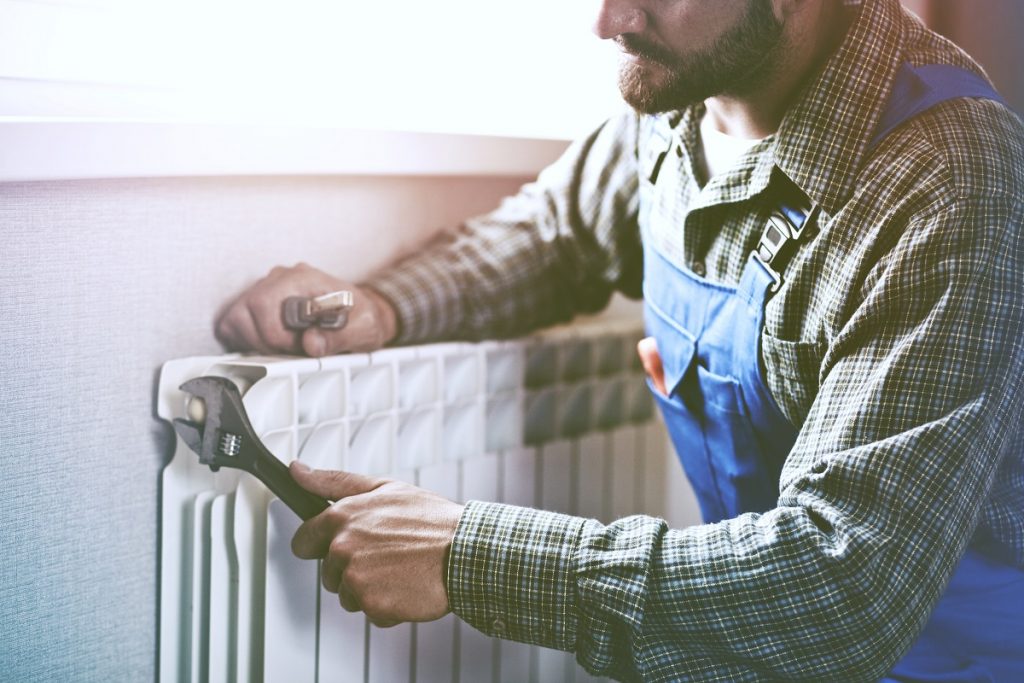- The average home value is around $410,000, influenced by location, size, condition, market, and energy efficiency.
- Prime location, proximity to amenities, and good school systems contribute significantly to a property’s value.
- Maintenance and condition of a home’s exterior and interior, including energy efficiency, impact its worth.
- Local market conditions, including supply and demand dynamics, can cause fluctuations in property values.
- Home renovation strategies like gutter maintenance, fresh exterior paint, landscaping upgrades, and installing security features can enhance property value.
As a homeowner, you invest much of your time, money, and effort into creating a comfortable and aesthetically pleasing home. It is an investment that you expect to grow the longer you stay in the comfort of your house, but did you know some factors affect the value of your property? Knowing these things can help you take steps to ensure your home sustains its value or even increases it. Here’s what you need to know about the average home value today, what affects your home value, and ways you can improve your home value through a few renovations.
The Average Home Value Today
The average home value today is worth around $410,000. It’s important to remember that this number changes depending on the location of your house, as some places are more expensive than others. There is a significant difference between properties in urban and rural areas. According to Zillow’s Home Value Index, homes in cities typically have higher home values, reaching $500,000 or more for specific areas.
What Affects Your Home Value?
Many factors can affect the value of your home. Here are some of them:
1. Location
One of the primary factors influencing your property value is your home’s location. The quality of life in an area is, after all, influenced by various factors, including access to amenities, the crime rate, school systems, and the overall neighborhood quality. A property conveniently located near good schools, essential amenities, and public transport could sell for more than a similar home in an average location.
2. Home Size

The size of your home also affects its value. Property buyers generally prioritize spacious homes, so increasing your square footage will escalate your home’s value. It’s important to note that when extending your home, make sure the add-on doesn’t overcapitalize it, which means it’s more expensive than the average sale price in your area.
3. Interior and Exterior Condition
Visible damage could hurt your property’s value, such as leaky roofs, cracked foundations, peeling paint, stained carpeting, and outdated plumbing and electrical systems. It is essential to conduct preventative maintenance to minimize the damage and fix issues as soon as they arise.
4. Local Market Condition
Home prices inherently fluctuate according to the market demand and supply variation. Demographics, economics, politics, and interest rates can influence the local property market sector. Homeowners must understand the current market conditions to make sound decisions that benefit their property value.
5. Energy Efficiency
Energy-efficient homes are preferred to their non-sustainable counterparts. When choosing a home, home buyers want to see energy-saving features such as low E-windows, solar panels, and smart home technology. Installing energy-efficient appliances to conserve energy in your home can save you money on utility bills and increase your property’s value in the long run.
Home Renovations to Improve Home Value

There are various ways to improve your home value. Here are four ways to do that:
Fix Gutters
Many home-buyers don’t like homes that flood or have water damage due to poor gutter maintenance. Cleaning and fixing the gutters can help divert rainwater away from your home, preventing flooding or waterlogging and increasing your home value. If you can’t do this yourself, consider hiring a local gutter repair service to help you out. They can do these things for you and even upgrade them if needed.
Paint the Exterior
A fresh coat of paint can make any home look brand new. It’s an affordable way to instantly improve your property value and attract potential buyers if you decide to sell it. Choose a neutral color to appeal to more people; busy, bright colors may not be everyone’s cup of tea.
Upgrade Your Landscaping
Your front yard is the first thing buyers look at when they enter your home, so make sure it looks neat and inviting. Simple upgrades like adding landscaping elements such as flower beds, shrubs, or trees can make a big difference. Keeping your lawn trimmed and well-maintained also helps add to its curb appeal and value.
Install Security Features
Installing security features makes your home safer and more appealing to potential buyers. You can install a motion detector, CCTV cameras, and other alarm systems to deter burglars. Not only does this improve the security of your property, but it also increases its value in the long run.
It’s important to remember that improving your home’s value takes time and effort. Utilize the tips above to ensure you’re on the right track regarding renovating your home and improving its value. With patience, strong planning, and the right renovations, you can increase your property’s value over time.

